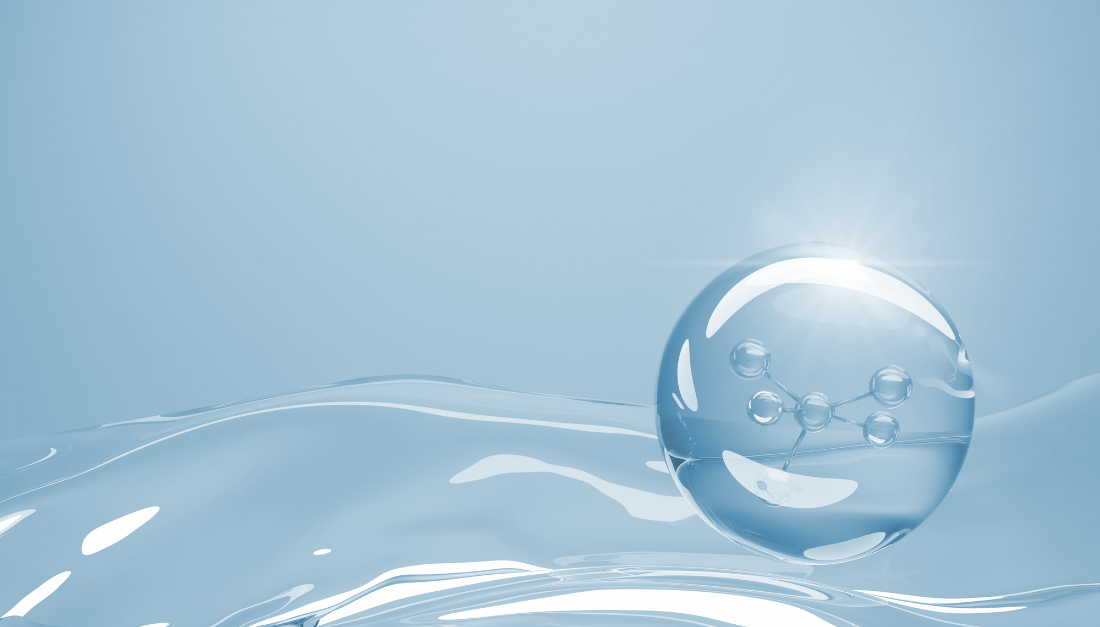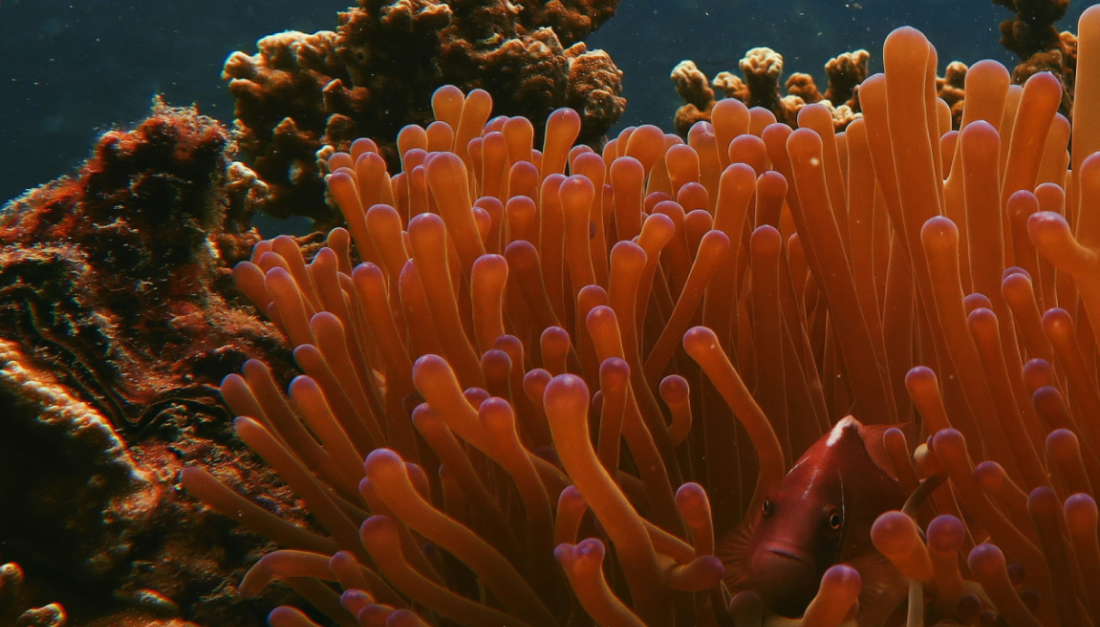
Little Steps, Big Impact: Polyvinyl Alcohol (PVA) - Is It a Microplastic? Is It Safe?
Hey MamaP family! As we celebrate Earth Month, we're diving deep into some important questions you might have about our products, specifically about polyvinyl alcohol (PVA). You've asked: Is PVA a microplastic? Is polyvinyl alcohol (PVA) bad? Is PVA safe? We're here to give you clear, science-backed answers and share why we confidently choose polyvinyl alcohol (PVA) for our laundry detergent sheets. Let’s explore the truth about polyvinyl alcohol (PVA) together!
In this article we'll discuss:
- Is Polyvinyl Alcohol (PVA) a Microplastic?
- Is Polyvinyl Alcohol (PVA) Safe?
- Is Polyvinyl Alcohol (PVA) Biodegradable?
- Polyvinyl Alcohol (PVA) vs. Polyvinylpyrrolidone (PVP): What's the Difference?
- Those Other Claims?
- The Power of Real Science
- Why Peer Review Research Studies Matter
- Why MamaP is Your Trusted Friend - Let's Make a Difference Together

Why MamaP Chooses Polyvinyl Alcohol (PVA): Our Promise to You and the Planet:
At MamaP, we're all about making life easier and safer—for you, for your kiddos, and for the world they'll inherit. That's why we spent countless hours researching and chatting with scientists and environmental experts to find the best, most responsible ingredients. And guess what? We landed on polyvinyl alcohol (PVA) for our amazing detergent sheets! Here’s the scoop:
The Science Behind Our Choice:
-
Polyvinyl Alcohol (PVA): Nature's Little Helper, Not a Microplastic:
Let's tackle the big question: is polyvinyl alcohol (PVA) a microplastic? The answer is a resounding NO! Think of polyvinyl alcohol (PVA) as a superhero that dissolves into simple, safe substances like water and carbon dioxide. It's not a sneaky microplastic or a 'forever chemical'—it just does its job and disappears, leaving no mess behind. Scientific studies confirm that polyvinyl alcohol (PVA) biodegrades, meaning it does not create microplastics. So, does polyvinyl alcohol create microplastics? Absolutely not.

-
Trusted by the Experts: Polyvinyl Alcohol (PVA) is Safe: The Environmental Protection Agency (EPA), those folks who know their stuff, have given polyvinyl alcohol (PVA) a thumbs-up on their Safer Chemical Ingredients List. That's like getting a gold star for being planet-friendly! So, is PVA safe? Is PVOH safe? Yes! We always look for that kind of validation. This helps answer the question Is Polyvinyl Alcohol (PVA) non toxic with a yes as well.
-
Science We Can Trust: Polyvinyl Alcohol (PVA) Biodegrades: We're big believers in research that's been double-checked by other smart people (that's called 'peer review'!). Lots of studies show polyvinyl alcohol (PVA) breaks down beautifully in wastewater, keeping our waterways safe. We wouldn't have it any other way. This is why we can confidently say that is PVOH a microplastic is a false statement.
-
Polyvinyl Alcohol (PVA) vs. Polyvinylpyrrolidone (PVP): What's the Difference?: You might have heard about PVP, another water-soluble thingy. While it dissolves too, it's a bit different than polyvinyl alcohol (PVA). We chose polyvinyl alcohol (PVA) because it's been studied more, and we know exactly how it breaks down—safely and completely. Here’s a little peek at their structures:
- Polyvinyl Alcohol (PVA):
- Polyvinylpyrrolidone (PVP): (where R is a pyrrolidone ring)
- We want to make sure you know that we chose the option that is shown to have the best long term impact on our environment.

With polyvinyl alcohol (PVA), we're confident our laundry detergent sheets are not only super effective but also super sustainable.
We know there's a lot of chatter out there about polyvinyl alcohol (PVA), and some folks have raised questions. We totally get it! But here’s the thing:
-
Those Other Claims?: Some companies might say their stuff is 'greener,' but sometimes, those claims don't hold up under the microscope. We always double-check the science, and sometimes, those other studies just don't add up. It is important to know that is polyvinyl alcohol (PVA) bad is a question that requires careful evaluation of the data.
-
The Power of Real Science: We've seen some claims that just don't match the solid, peer-reviewed research we rely on. It's super important to look at the breakdown products, and the long term impact of those products, when evaluating the environmental impact of any compound. We want to be sure that we are making the best choices for our families, and yours.
- Why Peer Review Matters: Imagine getting your homework checked by all your teachers! That's what peer review is like. It makes sure everything is accurate and fair. That's the kind of science we trust, not just fancy marketing words.

MamaP is Your Trusted Friend.
When you choose MamaP, you're choosing:
- Science We Can Trust: We only use ingredients backed by solid, trustworthy research.
- Honesty, Always: We're an open book! We want you to know exactly what goes into our products.
- A Real Love for Our Planet: We're in this for the long haul, making choices that are good for our kids and their future.
MamaP stands by our choice of polyvinyl alcohol (PVA). It means we're doing our part to keep our homes and our planet happy and healthy.
Let's Make a Difference Together!
This Earth Month, let's join hands and make smart choices that matter. Share this post with your friends and family—let's spread the word! Got questions about polyvinyl alcohol (PVA)? We're all ears! Leave a comment below, and let's chat. And if you're ready to try the MamaP difference, check out our amazing polyvinyl alcohol (PVA)-based laundry detergent sheets. Together, we can make the world a little brighter, one load at a time!
Sources:
Assessment of Toxicity and Biodegradability of Poly(vinyl alcohol)-Based Materials in Marine Water
Authors: O. Alonso-López, S. López-Ibáñez, R. Beiras
Published in: Polymers, 2021
Application of Standardized Methods to Evaluate the Environmental Fate and Ecotoxicity of Polyvinyl Alcohol (PVOH)
Authors: K. McDonough, M.J. Hall, A. Wilcox
Published in: Integrated Environmental Assessment and Management, 2023
Investigation on System Conditions for the Biodegradation of Polyvinyl Alcohol
Authors: S. Müller, R. Fritzsche
Published by: Willy-Hager-Stiftung, 2021
Synthetic Degradable Polyvinyl Alcohol Polymer and Its Blends with Natural Polymers
Authors: M. Amini, M. Mahdavi, M. Mahdavi
Published in: Polymers, 2023
Recent Advances in Poly(vinyl alcohol)-Based Hydrogels
Authors: M. Popescu, G. Lisa, D. Dodi
Published in: Polymers, 2023





Leave a comment
This site is protected by hCaptcha and the hCaptcha Privacy Policy and Terms of Service apply.